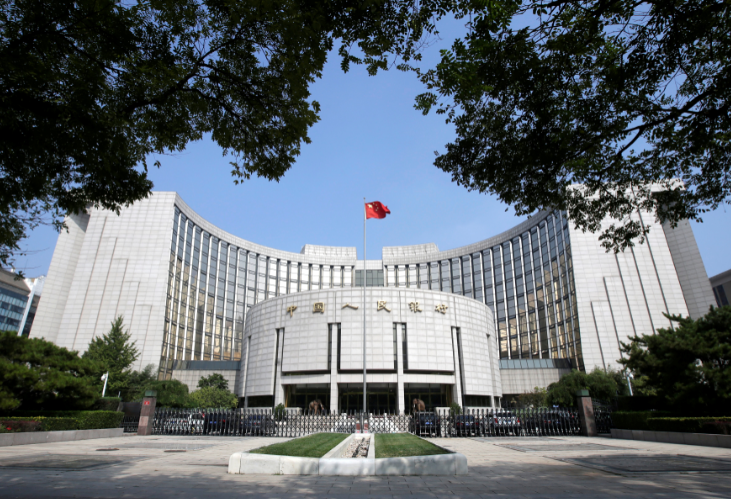China is once more selling dollar bonds, with the possibility of offering $6 billion in three-year, five-year, 10-year and 20-year securities according to individuals familiar with the matter.
When the mainland went back to its dollar-debt deals in 2017, the Ministry of Finance said it would have a benchmark yield curve for the Chinese issuers who range from developers to local authorities.
Owen Gallimore, head of the credit strategy at Australia & New Zealand Banking Group Ltd said that this sovereign deal stresses that Beijing's dollar-bond market is a major part of its policy with backers or issuers urged to finance in dollar bonds and onshore investors to get them.
Beijing's normal business-as-usual decision is very different from the worries coming from the dreaded parting of ways of the two biggest economies.
Last week in Beijing, during the Bloomberg New Economy Forum, Henry Kissinger said that the US and China are in "foothills of a cold war," while ex-US Treasury Secretary Henry Paulson stated he is disheartened with his 2018 forecast on the iron curtain coming down manifesting already.
Since the 1960s, dollar bonds getting sold outside the US is a staple of the world's budgetary framework.
Likewise, it is a vital financing instrument for companies conducting business across borders.
It is normal that China wants to simplify and make it less expensive for its businesses to issue offshore.
The greater part of the Chinese dollar bonds is ordinarily taken by Chinese buyers because they're a convenient option for banks to invest their foreign-currency.
That implies borrowers don't need to stress over foreign-investors leaving, something that has tormented some developing markets ever since.
Furthermore, many of them, including the current week's sovereign issue, are not sold in the US because they are getting listed under Regulation S.
Because the US has the ultimate control to dollars' liquidity and can boycott companies abroad, China, issuing securities in America's money could hypothetically put Chinese borrowers in a helpless position.
What's more, US' growing strains with China had exchanges in Washington this year on how to go about stopping American investments to China.
However, many think such exchanges as simply talk.
As far as this goes, for Paulson, it is "a terrible idea" that the US markets would de-list Chinese firms from US trades.
Becky Liu, head of China macro strategy at Standard Chartered Plc in Hong Kong said that "a material decoupling" is impossible in the near future because it would harm the US budgetary framework.
Just this month, China additionally sold euro debt for the first time since 2004.
The Chinese government provided bonds in Japanese yen during the 1990s to 2000 with them now having matured.





